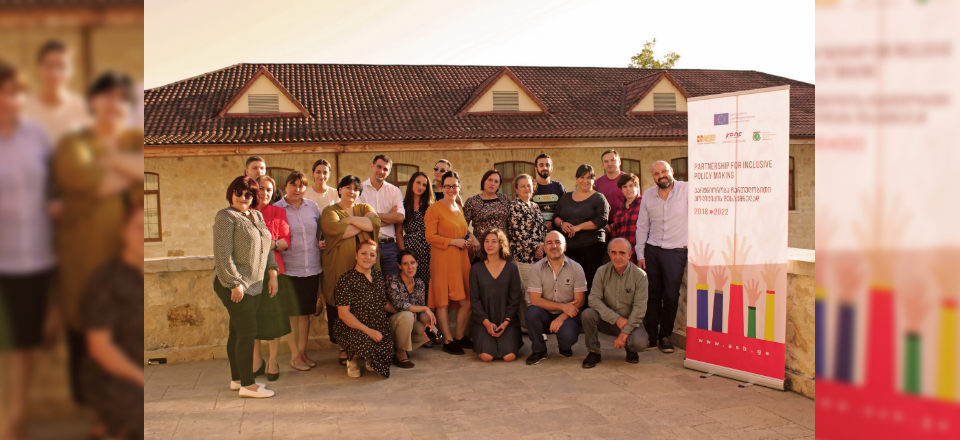
workshop for developing a Roadmap on Social Services Provision. In the workshop representative from several state ministries and agencies including Ministry of Labour, Health and Social Affairs, Social Service Agency, Office of Public Defender of Georgia, Ministry of Justice, Crime Prevention Centre, Tbilisi City Municipal Assembly, together with local and international NGOs worked together on developing the roadmap.
“The main aim of the project is to support Civil Society Organizations in order to increase their involvement in decision-making processes on a local level” – Zviad Modebadze, Project Coordinator.

“This meeting in interesting for me especially because we are gathered here representatives from different spheres of work: From local and Central government, Non-governmental organizations. We all have different opinions and ideas, that we have to combine and work together to the target audience that really needs support from us” – Nutsi Odisharia, Ministry of Labour Health and Social Affairs of Georgia.
As the result of the meeting the roadmap will be developed, where flaws of the system and the ways to solve those problems will be documented.
The project “Partnership for Inclusive Policy Making” is funded by the European Union and implemented by ASB Georgia together with partner organizations “CHCA” and “KRDF”
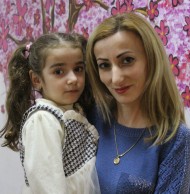
βIt was very targeted assistance from ASB; we received this aid in our first months when we arrived here. With the support of ASB, we bought food and essential items,β
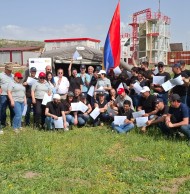
EMT members underwent training according to international standards. The intensive course lasted for 15 days.
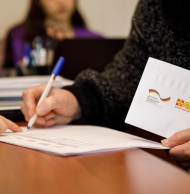
Under the framework of this project, vulnerable target groups, including women, children, and older people, received voucher cards as for finance assistance.
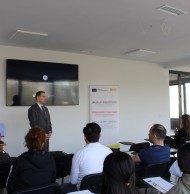
EMT members will be trained according to international standards. The intensive training course will last for 15 days. Armenian EMT will be delved into the mechanisms of humanitarian aid, civ
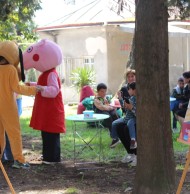
The Child Early Intervention Center in Lagodekhi is fully equipped with the resources to cater to the necessities of local children with special needs. These resources enable a team of profes